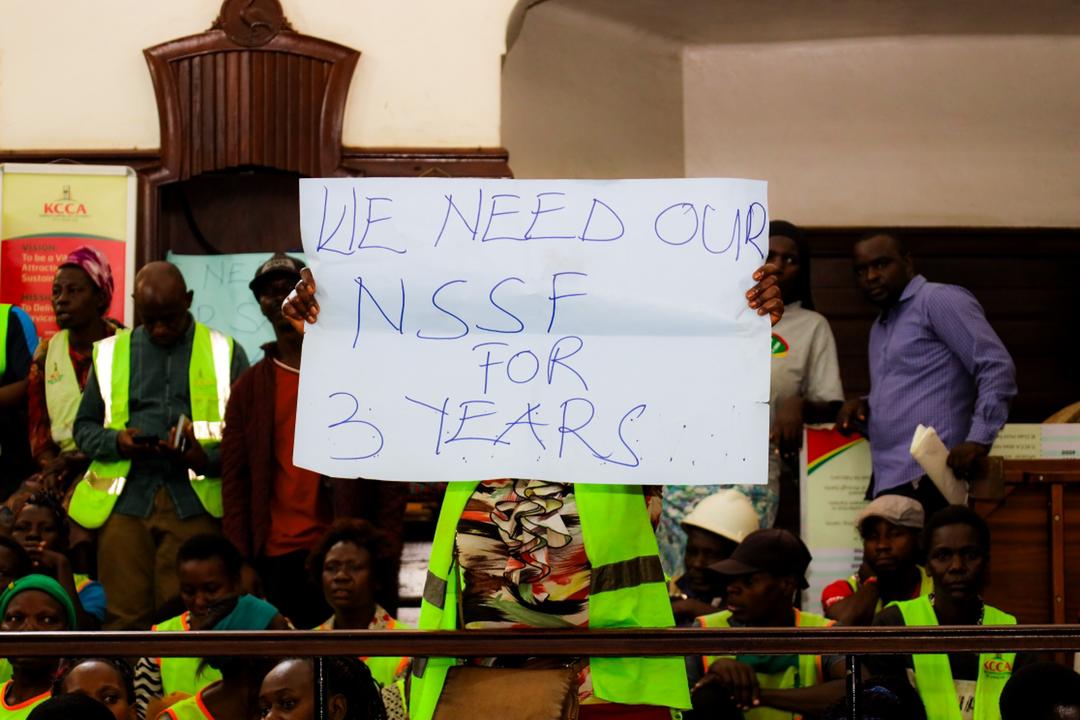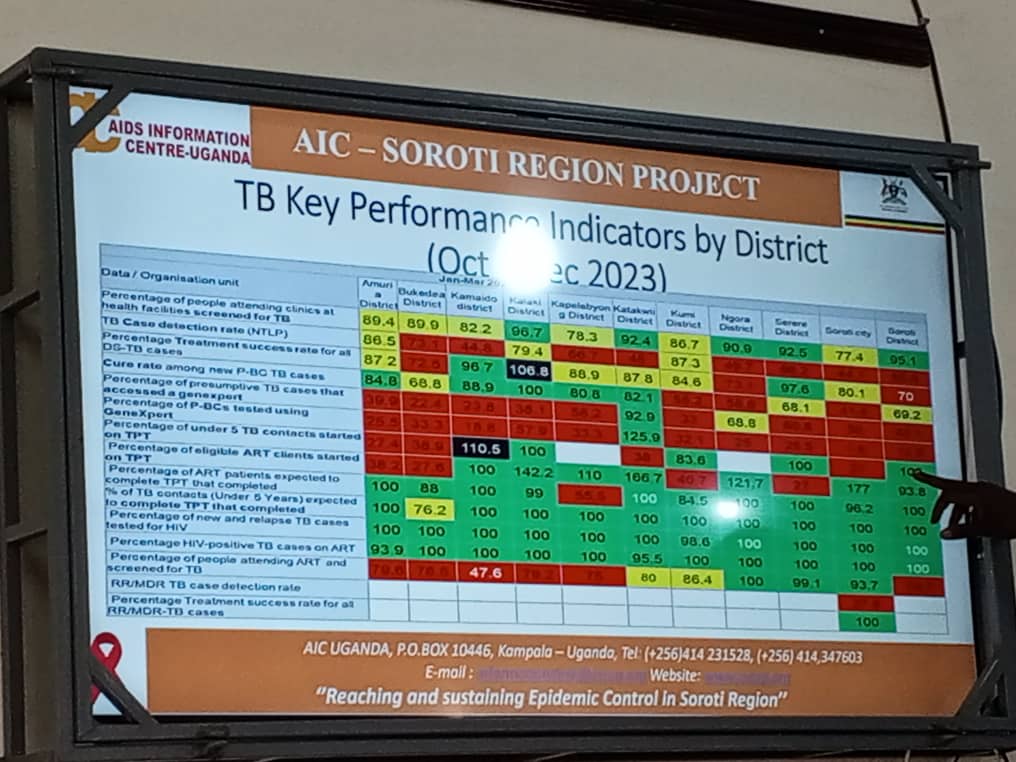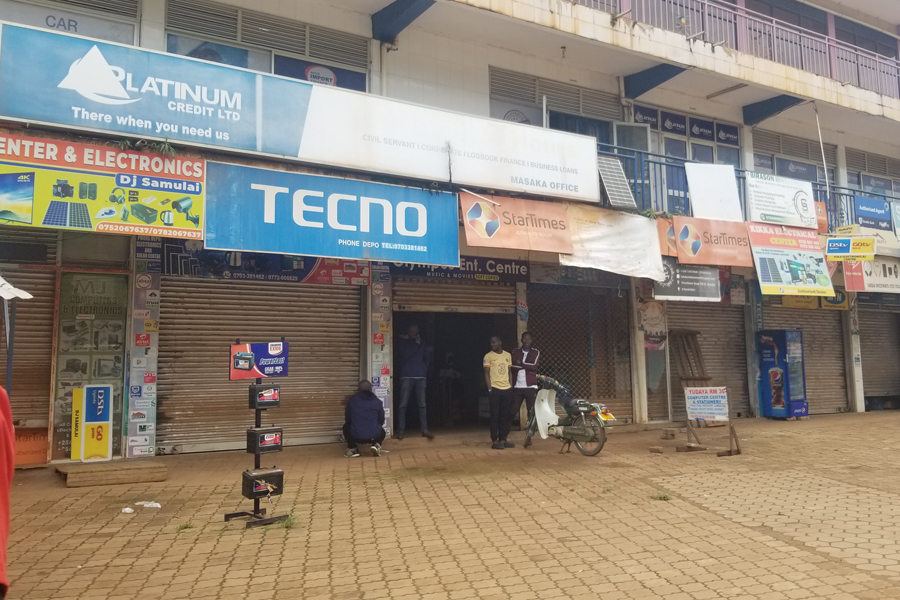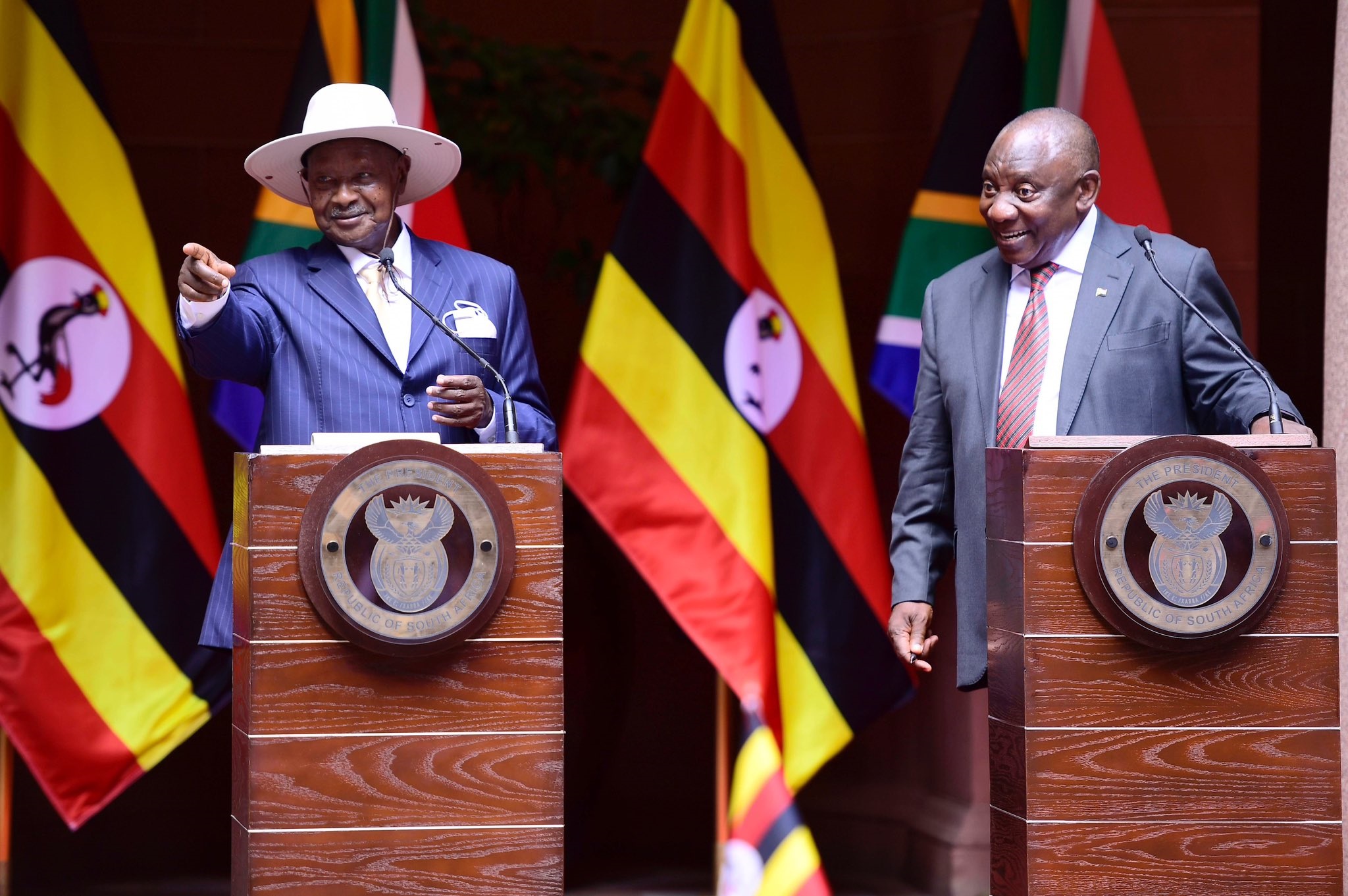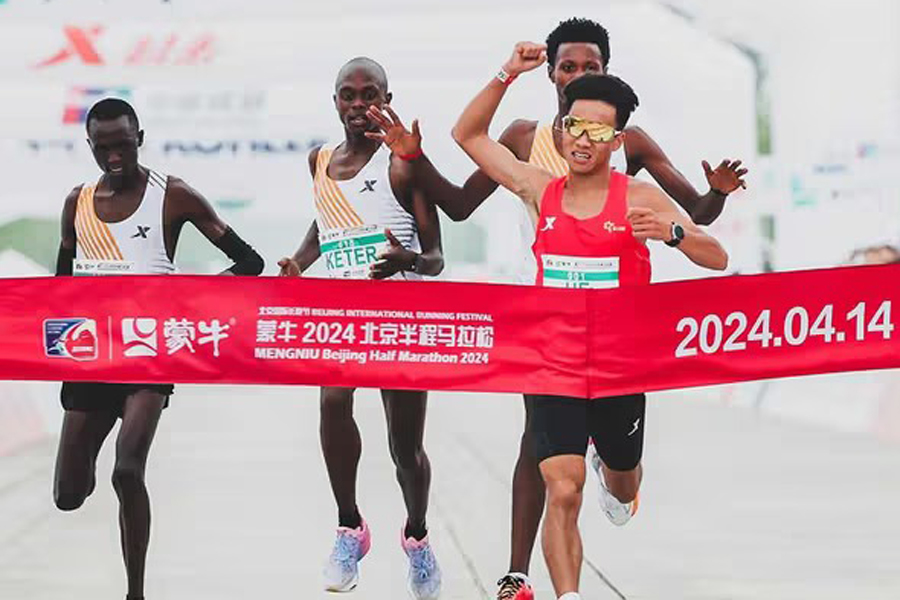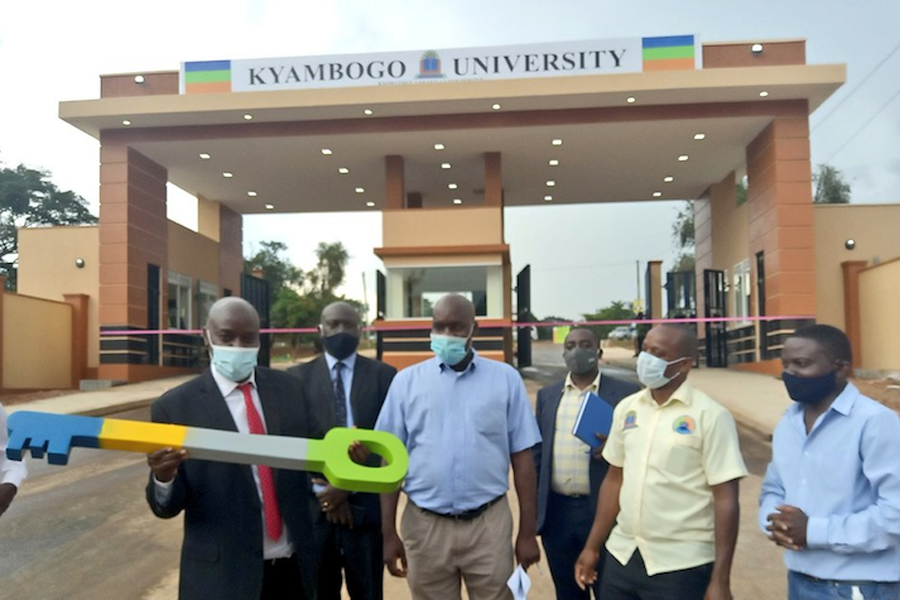I spent my weekend with fellow alumni of the Young and Emerging Leaders Programme (YELP) at the serene Lake Victoria Kigo Serena hotel.
A year after our graduation, we gathered to witness and celebrate the class that succeeded ours as they vowed to build the Africa we want. Truthfully, we had also come together to commune and share on how tough and demanding our individual endeavors had been throughout the year.
Keep Reading
When people in our part of the world [Uganda] define leadership, it is often to define or imply political leadership – our definition is far from that but perhaps unwillingly so.
The fellowship run by Leo Africa Institute trains young and emerging leaders on empathy, passion, goal setting and collective effort among other themes. Trainees spend countless hours delving into readings and identifying with struggles in them, discussing thought processes of leaders and considerations for them. In the end, one is encouraged to use these rich discussions to shape our own understanding of the challenges that the country faces.
One challenge highlighted in this column last week - the immediate need for change that must be considered in the political culture of the country, inspired a lunchtime debate at the YELP graduation. The theme was the generational divide in relation to access to business opportunities and political positions of influence.
Allow me to elucidate;
In 1962, as the British Union Jack was lowered for the last time in Uganda, the country had less than 200 graduates. To run an effectual civil service, more than 1000 graduates of different disciplines were needed. The Brits opted to grant scholarships for English education to be imparted. At the time, men like Martin Aliker were put in charge of identifying worthy recipients of these scholarships and a few years down the road, a generation of thought leaders emerged from this group; Ugandans who had been well schooled, held very key positions in government and were aptly paid.
One example is our current central bank governor who rose from a personal secretary of Former President Binaisa to the position he holds now. A small number of men and even smaller number of women were the Ugandans who determined the trajectory of this country, until 1986 when a fundamental revolution bent the arc of history.
When the 1986 class of thought leaders took to power, they drifted the country first from its shift to the left that Obote had begun with his common man’s charter and re-aligned it with the global order that was strongly influenced by Britain. Structural adjustment programs were adopted, state businesses were privatized, the civil service was enlarged and a political culture of meticulous military-type discipline was adopted.
Somewhere along the way, the ball was dropped.
Generation 40 [those currently 40 to 60 years] spent a majority of their time in personal development. They flourished in a privatized economy, they had the best education money could buy them abroad and often returned to run big multinationals or get employed by them. They bought nice cars, good homes and had many children whom they also educated well.
In their pursuit of self-actualization, they neglected public service for it offered little money and little prospect of growth at an individual level. Evidently, signing up for public service in big numbers would have been the best vehicle to inclusive and sustainable growth however, this was not enough of an incentive to them.
When our generation came of age, we knew little about war and far less about the change in civil service or public sector. Our parents took us to good schools with the belief that our education would be sufficient for good jobs but with only a handful of these jobs available, there are far more sad tales than success stories. Subsequently, we are often referred to as both a social and political problem. The tipping scale of inequality has grown much heavier with us and yet, we have little to no access to the factors of production or the spheres of influence that determine it.
We can’t offer any meaningful change without a robust culture of ethics and integrity. In addition, we can’t achieve those values without an imposing hand of accountability, a goal best achieved through strong institutions at family and state level.
The rumbling in the underbelly of this too is that those who didn’t get any opportunities at independence or at the 1986 revolution rely on the social contract that those who received them are working towards a better state that will be fair, in the future, to all.
On our lunch table, it was difficult to get this question answered but it definitely is a question that any young and emerging leader ought to solve.
My unconventional thought for this week is an open question, does our leadership have a plan for our generation of leaders?





